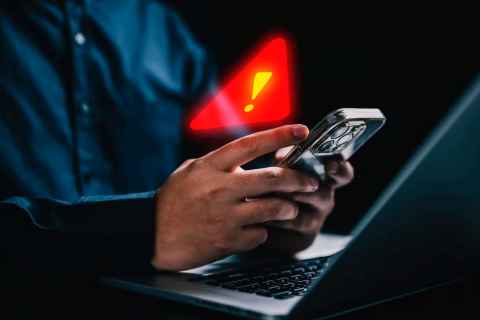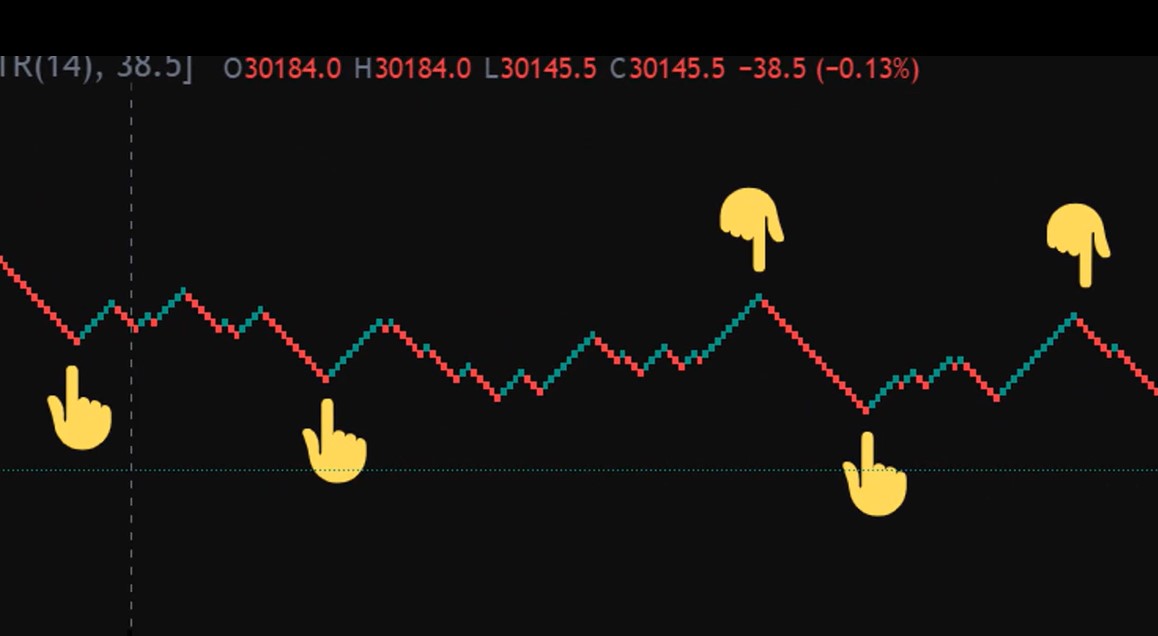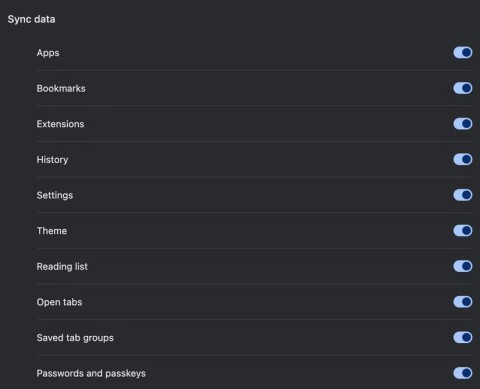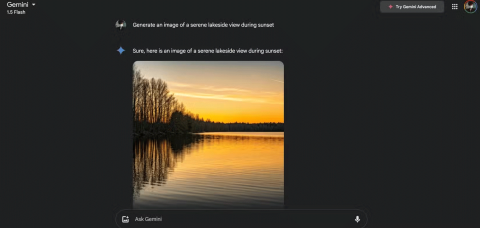Research shows that maximum immunity is achieved soon after flu vaccination and gradually decreases over the course of each month. That's why experts recommend getting the flu vaccine before flu activity starts to increase, ideally in late October.

Influenza is a viral respiratory infection that affects millions of people each year. It's important to know what to expect and how to prevent it.
Each year, flu vaccines are developed to protect against the most common strains of the virus. Getting a seasonal flu vaccine is the best way to protect yourself from getting the flu.
But how does the flu vaccine work? How long does it last, and when is the best time to get it? Here's what you need to know.
How does the flu vaccine work?
Seasonal flu vaccine development actually begins months before flu season. The viruses used in the vaccine are based on extensive research and monitoring of which strains will be most prevalent in the upcoming season. The seasonal flu vaccine protects against two types of flu viruses: influenza A and influenza B.
When does the flu vaccine work?
It takes about 2 weeks for your body to develop protective antibodies after getting a flu vaccine. It is important to remember that during this time, you are still at risk of getting the flu.
During that time, you should be especially careful:
- Good personal hygiene
- Avoid touching your nose or mouth whenever possible
- Avoid crowds if flu is spreading among people you know.
How long does the flu vaccine last?
Your body’s immunity to the flu gradually decreases over time. This is true whether you’ve been vaccinated or have had the flu. In addition, flu viruses are constantly changing. Therefore, the vaccine from last season may not protect you in the upcoming flu season.
In general, getting a seasonal flu vaccine will help protect you throughout the current flu season. You will need to get a seasonal flu vaccine every year for the best protection against flu viruses.
The best time to get the flu vaccine
Flu vaccines are produced by a number of private manufacturers and typically begin arriving in health care facilities in August. However, there is some evidence that getting vaccinated so early may not be beneficial.
A 2017 study found that peak immunity occurs soon after vaccination and wanes with each month, so if you get vaccinated in August, you may be more susceptible to infection later in the flu season, around February or March.
The Centers for Disease Control and Prevention (CDC) recommends getting a flu vaccine before flu activity begins in the community, ideally by late October.
If you get vaccinated late, don't worry. Getting vaccinated late can still provide full protection, as the flu can be active until March or even later.
How long does the reaction after flu shot last?
The flu vaccine is made from an inactivated virus, which means you can't get the flu from the seasonal flu vaccine. But there are some side effects you may experience after getting the vaccine.
Side effects from the flu vaccine are usually mild and last only a few days.
Side effects of the flu vaccine may include:
- Redness, swelling or pain at the injection site
- Mild fever
- Body aches
Who should get the flu vaccine?
Anyone over 6 months of age should get a flu vaccine every year, especially those at high risk of flu-related complications.
Include:
- People over 50 years old
- Anyone with chronic illnesses
- People with weakened immune systems
- Children from 6 months to 5 years old
- People 18 years of age and younger who are being treated with aspirin
- Pregnant women and women within 2 weeks of pregnancy
- People with a body mass index of 40 or more
- Healthcare staff
- Anyone who lives or works in a nursing home or chronic care facility
- Caregiver of any of the above
















